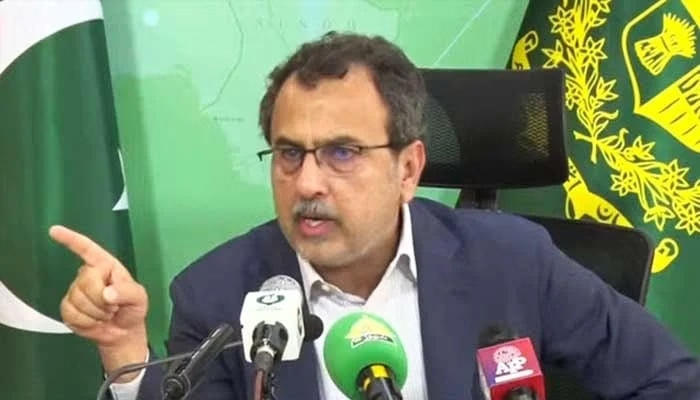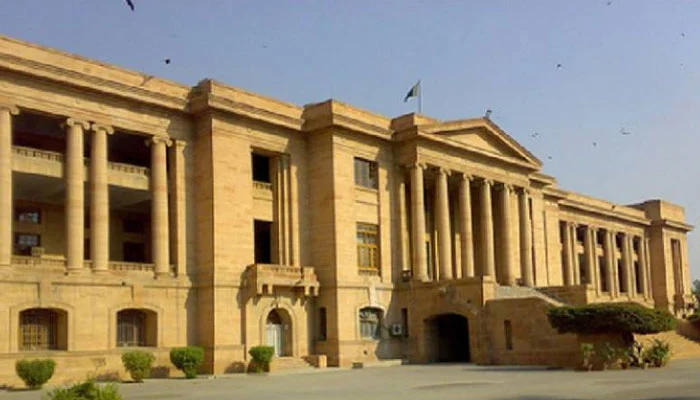The announcement of net metering IPPs in Pakistan by Federal Minister for Energy Awais Leghari has sparked both optimism and concern. While the step aims to encourage renewable energy integration and empower consumers, it also comes with challenges that may impact electricity costs. At a recent press conference in Lahore, the minister cautioned that the new mechanism will add a burden of Rs4 per unit on the public. This raises important questions about how Pakistan can balance renewable energy growth with affordability and sustainability.
Understanding Net Metering IPPs in Pakistan
The concept of net metering IPPs in Pakistan is designed to allow individuals and independent power producers (IPPs) to feed excess solar energy back into the national grid. Consumers with solar panels, for instance, can generate electricity during the day and offset their usage by exporting surplus energy. This system promotes clean energy adoption and helps reduce dependency on expensive fossil fuels.
However, the energy minister highlighted that the scheme would create an additional cost burden, which the government cannot ignore. With 18 million consumers already receiving electricity at a 70% discount, the challenge lies in balancing subsidies with the long-term viability of the energy sector.
Current Electricity Consumption and Solar Growth
Over the past few years, Pakistan has witnessed a surge in the installation of solar panels. Thousands of households and businesses have adopted solar energy to reduce reliance on the grid. Many consumers successfully brought their monthly electricity usage below 200 units, resulting in lower bills. This is a clear sign that net metering IPPs in Pakistan can make renewable energy more accessible and attractive to the public.
At the same time, the minister pointed out that the average price of electricity has decreased, but some consumers fail to acknowledge this change. Rising adoption of solar energy indicates a shift in consumption patterns, with more people turning toward self-generation rather than fully depending on grid supply.
Financial Burden of Net Metering IPPs
The introduction of net metering IPPs in Pakistan is not without financial challenges. According to Awais Leghari, the mechanism may impose an additional cost of Rs4 per unit on regular consumers. The government’s concern is that while net metering benefits solar users, it could increase the burden on those who cannot afford solar panels.
Additionally, the Economic Coordination Committee (ECC) recently approved Rs50 billion relief for consumers through funds collected from captive power plants. While this provides short-term relief, sustainable planning is essential to ensure that subsidies and support measures do not destabilize the overall energy market.
Political and Structural Challenges
During the press conference, the minister dismissed allegations of political appointments within the energy sector, emphasizing that the government is committed to strengthening institutions. He stressed that power struggles should not derail reforms that are vital for energy independence.
Furthermore, he assured that consumers in flood-affected areas would receive relief, reflecting the government’s efforts to balance social responsibilities with energy sector reforms. The Lahore Electric Supply Company (Lesco) also demonstrated solidarity by donating Rs20 million from its staff salaries to support flood victims, highlighting the role of public sector organizations in national crises.
The Future of Renewable Energy in Pakistan
The government’s push for net metering IPPs in Pakistan reflects a broader commitment to renewable energy adoption. Pakistan has set ambitious goals to diversify its energy mix and reduce reliance on imported fuels. By integrating more renewable sources into the grid, the country can reduce costs in the long run and promote environmental sustainability.
Recent statistics show that solar and wind energy already contribute around 6–7% to Pakistan’s energy mix, and this percentage is expected to grow significantly over the next decade. If managed properly, net metering can encourage more households and industries to invest in renewable solutions, reducing pressure on the national grid.
Balancing Affordability and Sustainability
The debate around net metering IPPs in Pakistan highlights the delicate balance between affordability for consumers and sustainability of the energy sector. While solar adoption has brought down bills for many, the government must ensure that non-solar consumers are not unfairly burdened with extra costs. Transparent policies, efficient grid management, and targeted subsidies for the poor can help address these challenges.
Moreover, public awareness campaigns are essential to educate people about the benefits of renewable energy. Encouraging more middle-class households to adopt solar solutions could spread the financial burden more evenly and accelerate Pakistan’s transition to clean energy.
The introduction of net metering IPPs in Pakistan is a step toward modernizing the energy sector, promoting renewable energy, and empowering consumers. However, its success depends on careful planning, transparent regulations, and equitable distribution of costs. As Pakistan faces increasing energy demands, adopting clean and sustainable solutions will be critical for long-term growth.
While challenges remain, net metering offers a pathway for Pakistan to move closer to energy independence, reduce reliance on costly imports, and create a greener future. If implemented wisely, it can transform the power sector and benefit millions of consumers across the country.



